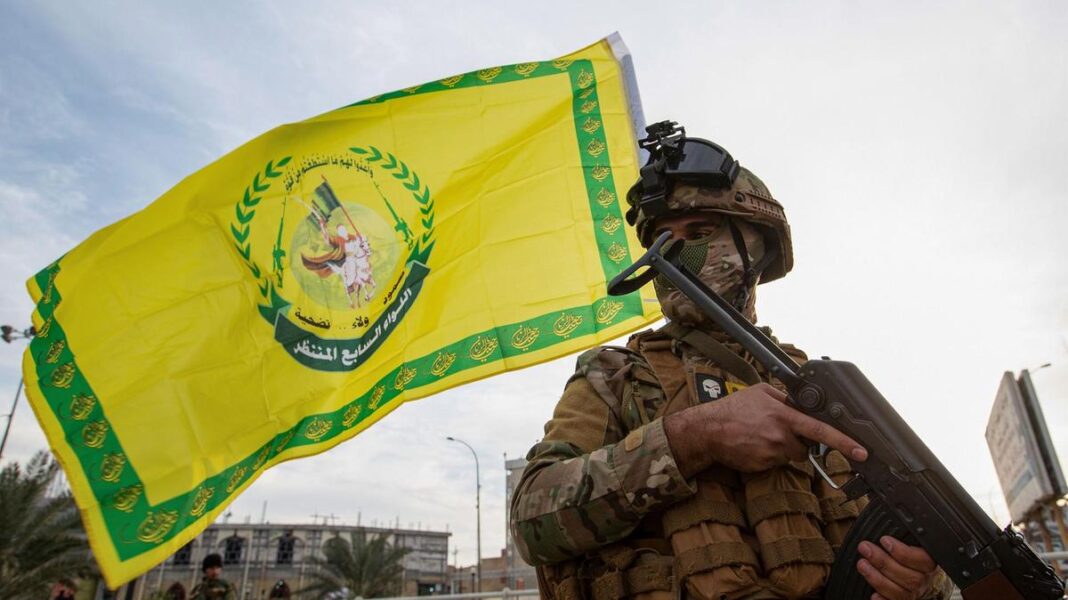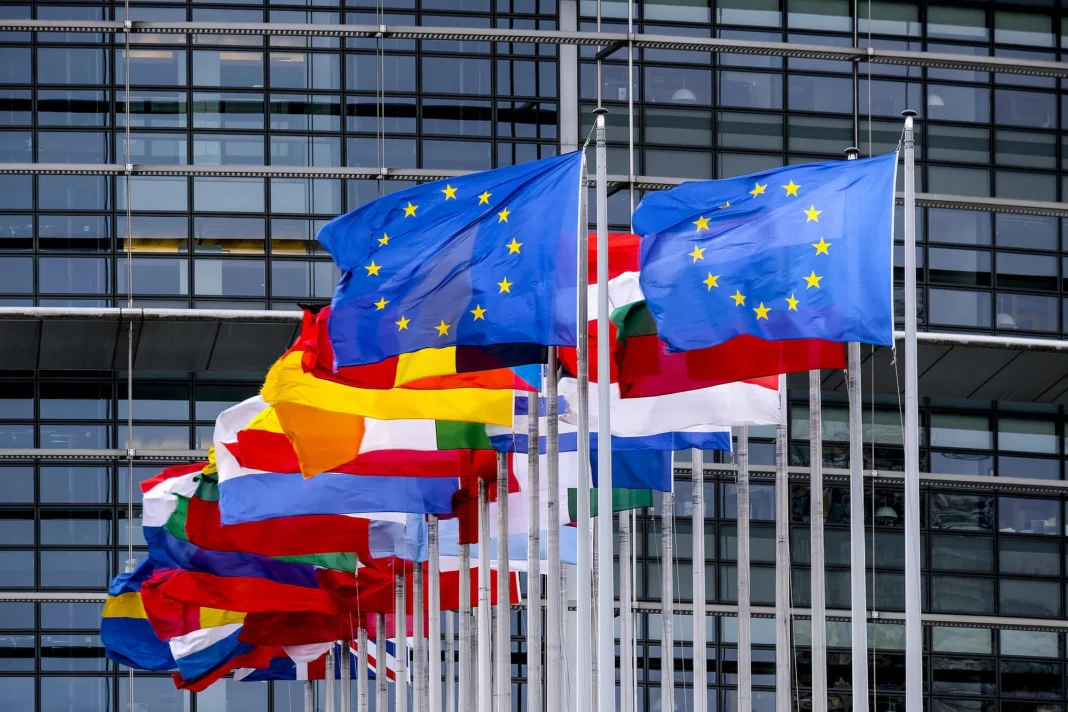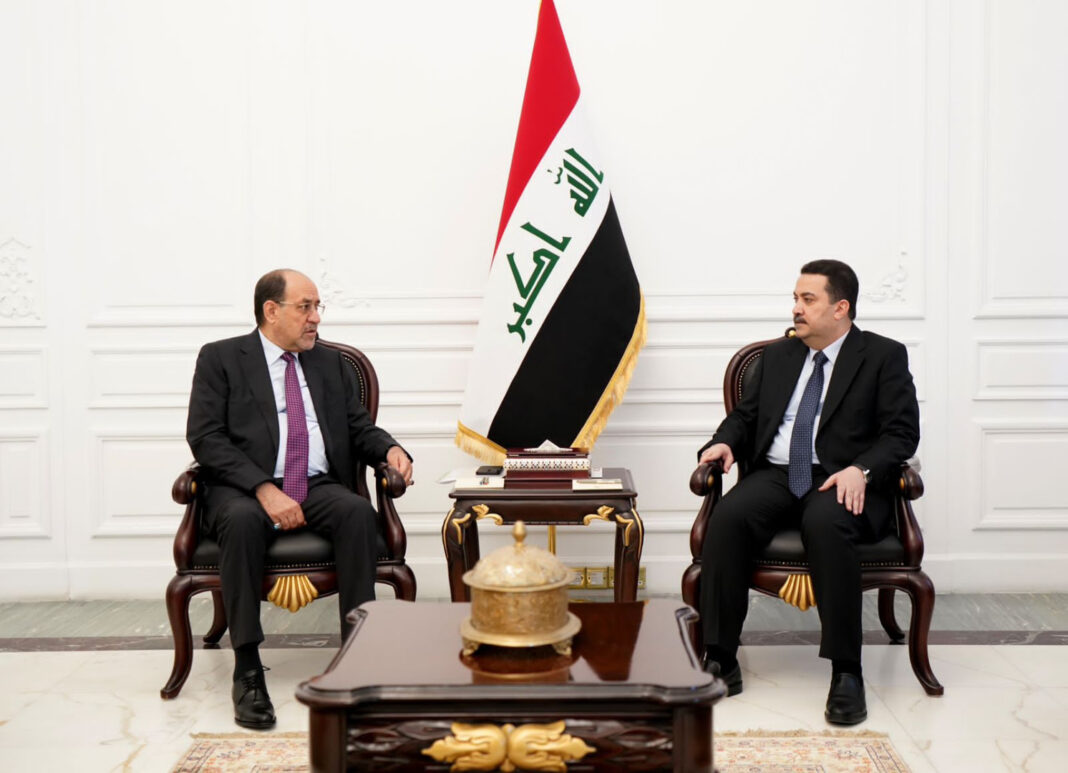Kataib Hezbollah has firmly rejected the Iraqi government’s recent report on the deadly clashes at the Karkh Agriculture Directorate last month. The group accused officials of “distortion and exaggeration” aimed at weakening both itself and the Popular Mobilization Forces (PMF).
Initially, Kataib Hezbollah agreed with the ruling Coordination Framework to create an impartial investigation. They hoped this would prevent political manipulation of the facts. However, the faction claims Prime Minister Mohammed Shia al-Sudani’s spokesperson later added unauthorized elements to the final report. These additions included investigating the al-Jazeera Operations commander and dismissing leaders of the 45th and 46th Brigades. The report also criticized PMF leadership weaknesses.
Kataib Hezbollah insists these actions target their group and senior PMF figures unfairly. They have called on the judiciary to review the original findings carefully. The group fears the report’s alterations serve political agendas rather than justice.
Furthermore, Kataib Hezbollah reiterated its demand for the withdrawal of US and other foreign troops from Iraq. They stressed this goal must be met “regardless of the cost or sacrifices” involved.
Yesterday, Prime Minister al-Sudani acknowledged flaws within the PMF command and discipline. He removed the commanders of the 45th and 46th Brigades. The Prime Minister also emphasized that all units must strictly follow regulations to avoid future conflicts.
The violent incident at the Agriculture Directorate began when security forces clashed with armed PMF members over a leadership dispute. This confrontation occurred in the Dora district and tragically left two dead—a civilian passerby and a PMF member—and wounded 12 others.
In conclusion, Kataib Hezbollah strongly rejects the government’s findings and warns against political exploitation of the investigation. They continue to demand a fair review and emphasize their stance on foreign troop withdrawal.
The ongoing tension highlights the fragile state of Iraq’s security landscape and the urgent need for transparent dialogue between all parties involved.



